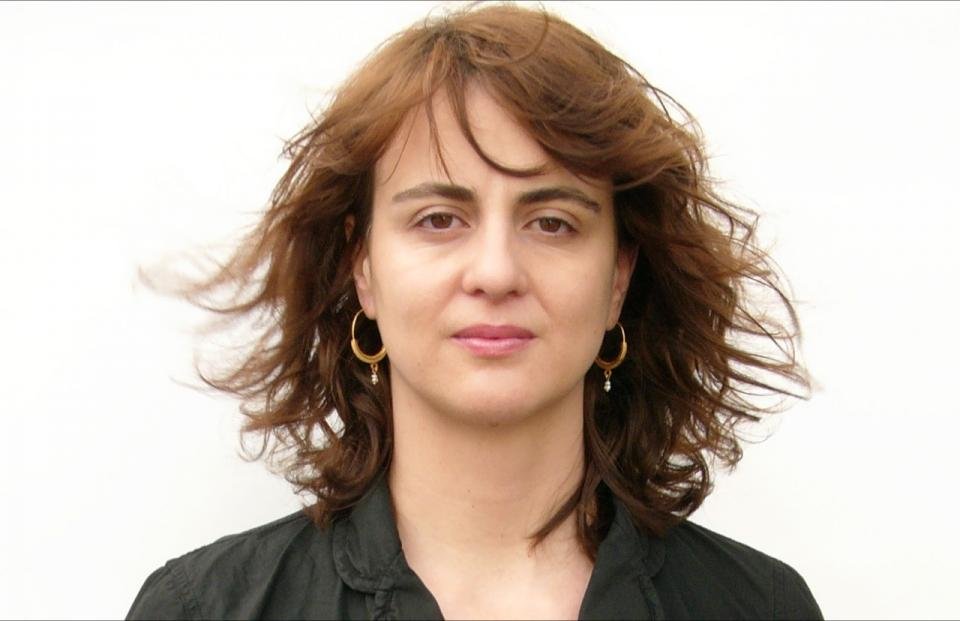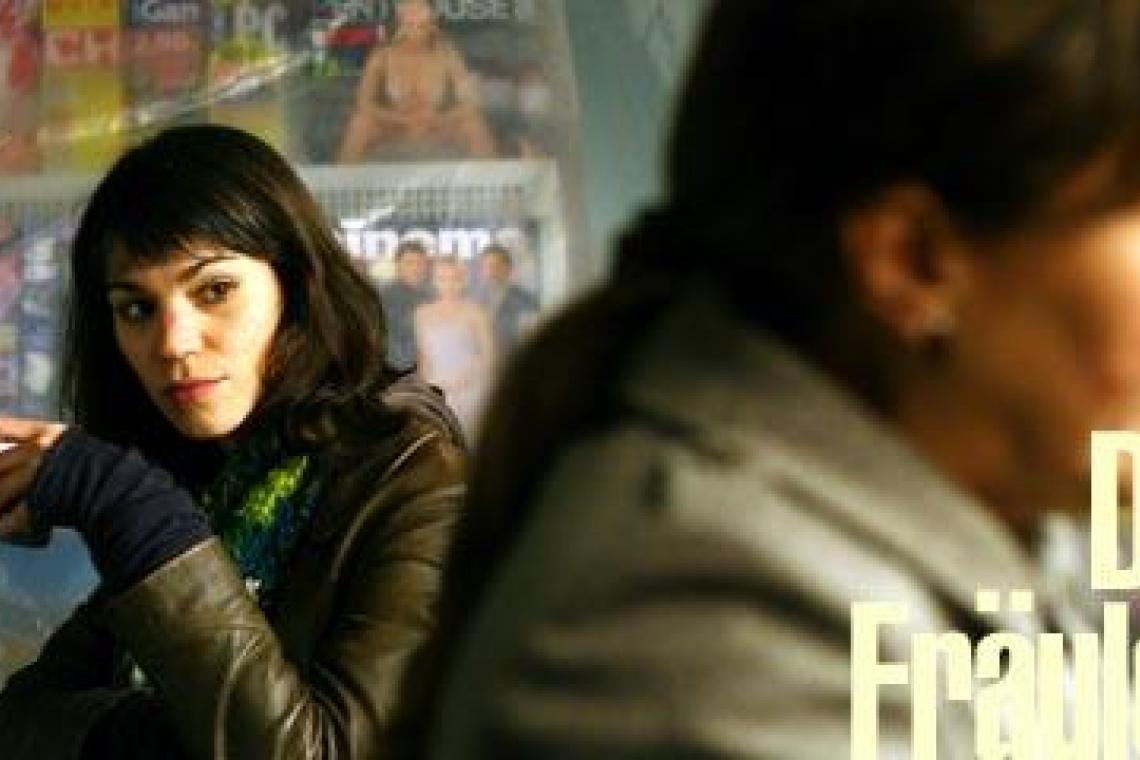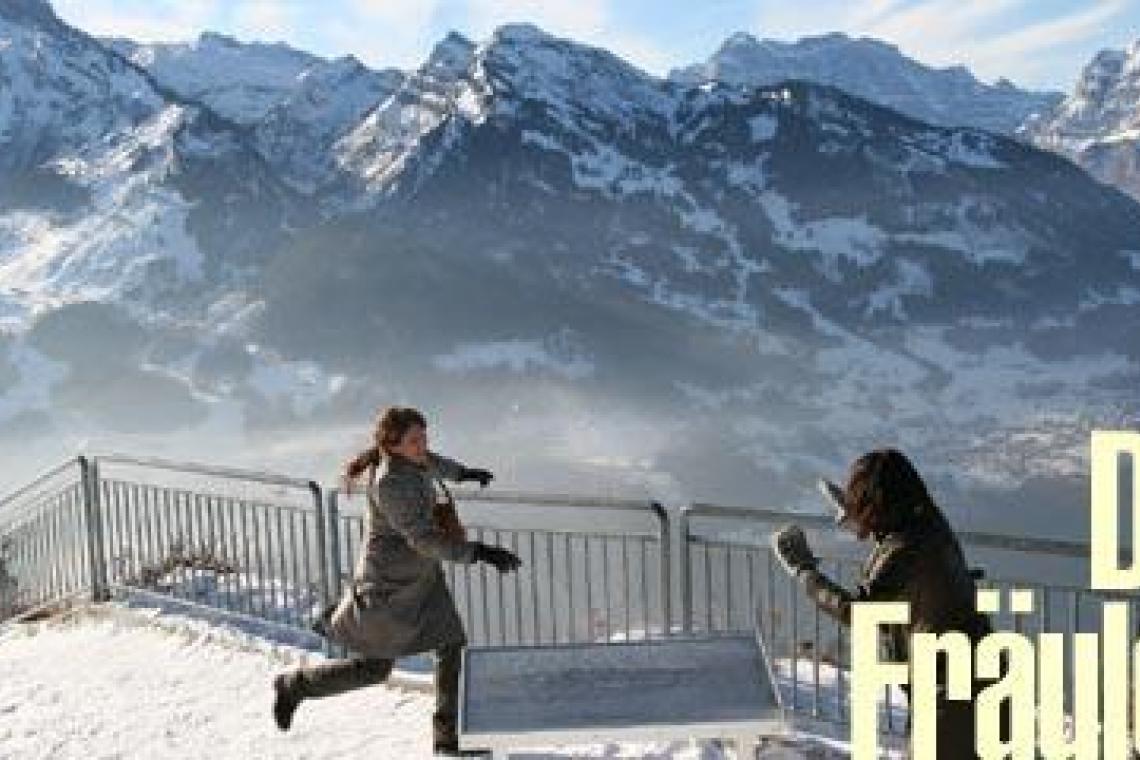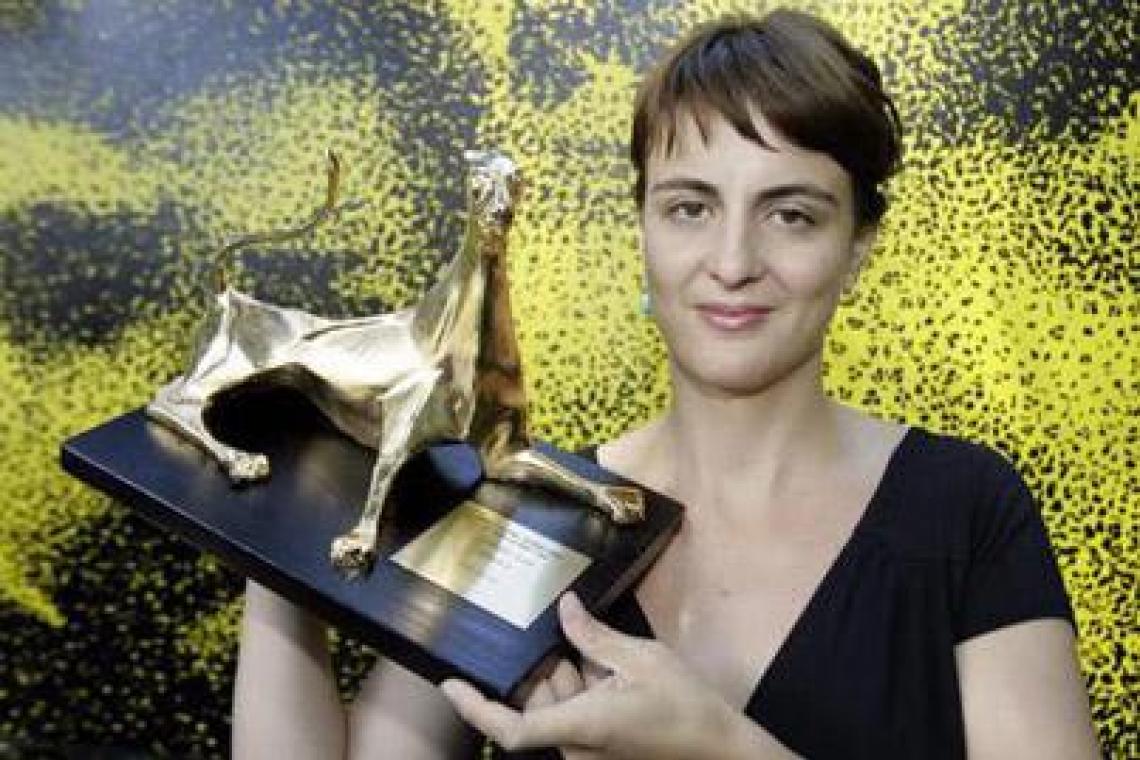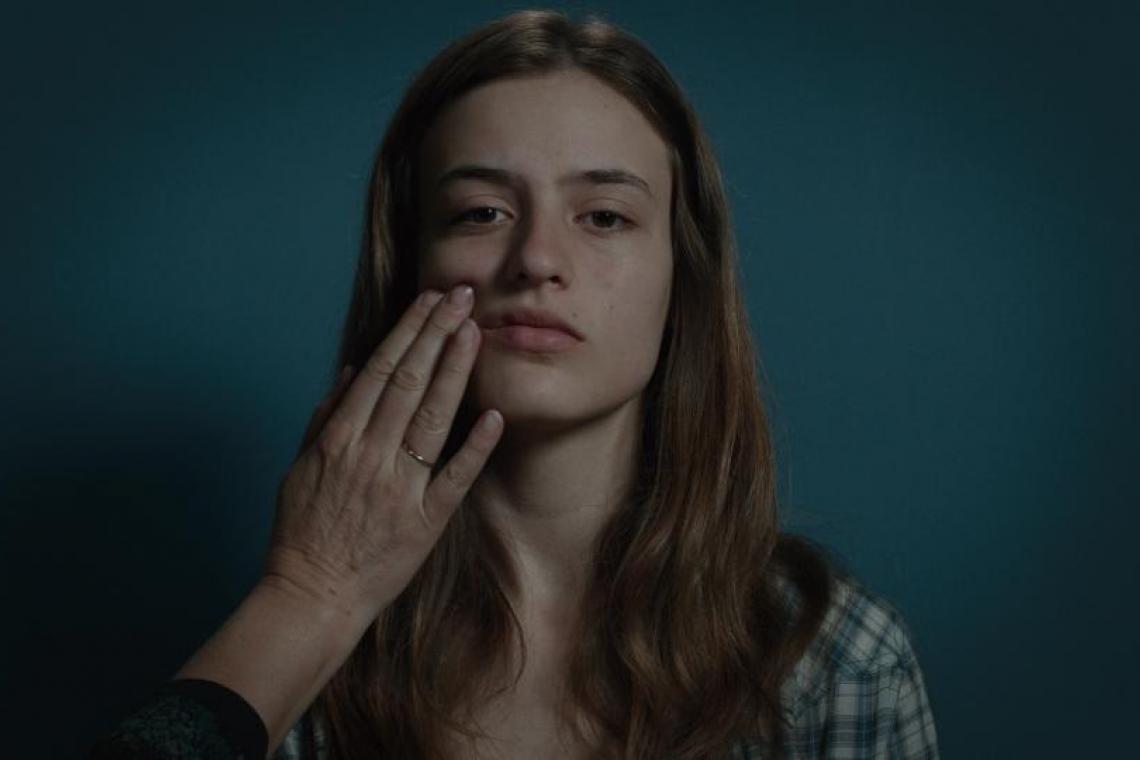Where do I belong? – Films about identity, sense of belonging and choice
''Das Fräulein'', just like all other films she made, deals with the issue of identity, growing up in parallel cultures and facing dilemmas in a dual reality.
Where do I belong? – Films about identity, sense of belonging and choice
Andrea Štaka was born in Lucerne, in a family originating from Bosnia and Herzegovina and Croatia. A dynamic and open person, Andrea is always ready to talk about her growing up, origin of her parents and how these two worlds, the one she lives in and the world of her origin, influenced the topics she deals with and the style of her films.
''My mom is from Sarajevo, and my dad is from Dubrovnik'', explains Andrea, ''and as a child I used to spend time with the family, aunts and cousins, with whom I was very close – that was my childhood. Having such love, care and support is a great value. These two worlds, Switzerland, where I grew up, and former Yugoslavia, the country that my family comes from, where I spent my vacations, had a family and a strong emotional attachment, follow me in life. This is what I feel the need to talk about in my films''.
The war in the 90s greatly influenced Andrea and her choice of film topics and characters: ''Of course, the war influenced me to a large extent, although I was in Switzerland. Everything changed for my family in such a drastic and brutal way, and I felt this strongly and experienced it myself through them.''
In her first film, her graduate work, ''Hotel Belgrade'' (1998), Andrea already speaks about the attempt to bridge the gap between two different worlds and two life situations that lead to different future perspectives. The film speaks about a love couple in a hotel room, making love and trying to find answers to questions imposed on them by the war. She lives in Switzerland, he in Serbia, and the film attempts to reconstruct everything that the war destroyed and stopped in human relations through the love between these two young persons.
Andrea's next work, a documentary entitled ''Yugo Divas'' (2000) also deals with the dilemma of identity and sense of belonging and a fresh start in a metropolis. Five young artists that left Serbia before the war and came to New York are trying to create a completely new identity and believe that they do not carry a dilemma regarding the two worlds they belong to and they are desperately trying to ignore such duality. However, their art is continuously related to the region they come from, which confirms that the issue regarding a choice between the two worlds is still current and that it continuously opens up other unanswered questions.
The film ''Das Fräulein'' (2006), Andrea's first feature film, brought her international recognition in the film world, when she was awarded the Golden Leopard at the Locarno Film Festival (2006) and the Golden Heart at the Sarajevo Film Festival (2006), the best film awards. ''The award I received in Sarajevo, which hosts the most important film festival in the region, was very important in emotional terms. With both of these awards, from my two worlds, I felt as if my films and I had found our place in art and culture'', says Andrea. ''Das Fräulein'' speaks about three immigrant generations and different identities of three women from Bosnia and Herzegovina, Serbia and Croatia: Ruža, a reserved and lonely woman, whose whole life revolves around the restaurant she manages, Mila, who, together with her husband, dreams of going back to Croatia one day to the house they are struggling to build, and Ana, who has survived the war in Bosnia and Herzegovina and is trying to enjoy life while at the same time fighting a disease. Their lives are intertwined and in the end every one of them changes her decisions and choices. Marija Škaričić was awarded the best actress award in Sarajevo for her role of Ana.
Andrea does not hide that her films are in part autobiographical and that emotional stories of her films include her personal story and that of her family and friends. Female characters dominate in all films and Andrea deliberately chooses to portray female characters that carry intimate and social stories about the duality of two cultures they come from and consequences of the war:
''The picture of the Balkans painted by the media included only the war, only men and arms. I wanted to show that there are also other persons, who think and feel differently, such as those that I knew. I come from a family in which women have been very strong and it is thus somehow logical that I am interested in the female perspective and a women's view of the world. I am always asked why I am always making films with female characters, and nobody ever asked Martin Scorsese why he is making films with predominantly male characters?!''
Andrea believes that there are too few female directors in the film industry, although both female and male students are equally present at film schools. ''However, the number of female directors significantly declines already after the first film and it decreases continuously over the further course of the career'', says Andrea. ''This is what I would like to change through my films. I have a child and I continue to direct films. This is my way to encourage young women studying film directing and wishing to make films to do it''.
Andrea started a career in photography, but she soon switched to film as her main medium and she graduated in film directing from the Academy of Design and Art in Zurich. ''Making a film is a beautiful profession, but it is also difficult and fraught with uncertainty, which can frequently make you feel very lonely. In order to choose a topic for my film, I have to be emotionally touched by it and have to think about it for more than 7 days, and then have the wish to tell the story'', explains Andrea with a smile.
As regards the inspiration for the topic for her next feature film ''Cure – das Leben einer Anderen'' (2014), Andrea found it in Dubrovnik, in a true story about two young girls that were together on a cliff above the sea, but only one of them came back, whereas the death of the other girl has never been resolved. The film depicts the internal dilemmas of the 14-year old Linda, who goes back to Dubrovnik from Switzerland with her father in 1993. She meets Eta, who was born in Dubrovnik, and the two teenage girls become best friends. A collision of two worlds, two cultures, two mentalities and experiences are being repeated all the time, without ever giving a clear answer as to which world will win over the other. The unfortunate death of Eta, who falls off a cliff, further deepens the issue of Linda's identity and sense of belonging.
''In this film, I tried to examine my recurrent theme of identity from a bit darker and more unpleasant aspect, especially regarding the subconscious'', says Andrea. The films leaves open the dilemma regarding personal identity and does not give a clear answer to the question whether one identity should be chosen, or both should be lived, or whether one should be thrown off a cliff in order for the other world to become free and live freely.
The film ''Cure'' is the first Swiss-Croatian-Bosnian co-production and it won the award for the best socially relevant film at the renowned film festival Max Ophüls (2015).
Andrea believes that the discussion on immigrants and their double cultures and identities is different today than it was before: ''When I was a child in the 80s and during the war in the 90s, one had to choose, to be either a Swiss or an immigrant. Today, there is a different standpoint when it comes to this issue and it is fully accepted that immigrants live two identities and two cultures, and that neither should be dominant. Everyone is beginning to understand that we have 'arrived' to a global world''.
The participation in the Sarajevo Film Festival brought Andrea new professional contacts: ''Going to Sarajevo is like coming back home for me. Two of my films were screened at SFF and I participated in a master class at the Talent Campus of the Festival, two of my films were screened as part of Cinelink, and in 2007 I was part of the jury, together with Jeremy Irons. The participation in the Sarajevo Film Festival resulted in cooperation with the Bosnian director Jasmila Žbanić and her production company Deblokada. I therefore got a film family in addition to my own family''.
The cooperation with Jasmila Žbanić takes place through projects in Stolac, Bosnia and Herzegovina, where Andrea's film ''Cure'' was screened and where she participated in scene writing workshops with authors from the region and German playwrights.
Today, Andrea Štaka lives in Zurich, together with her partner Thomas Imbach, who is also a film director and with whom she established the producing company Okofilm Productions.

